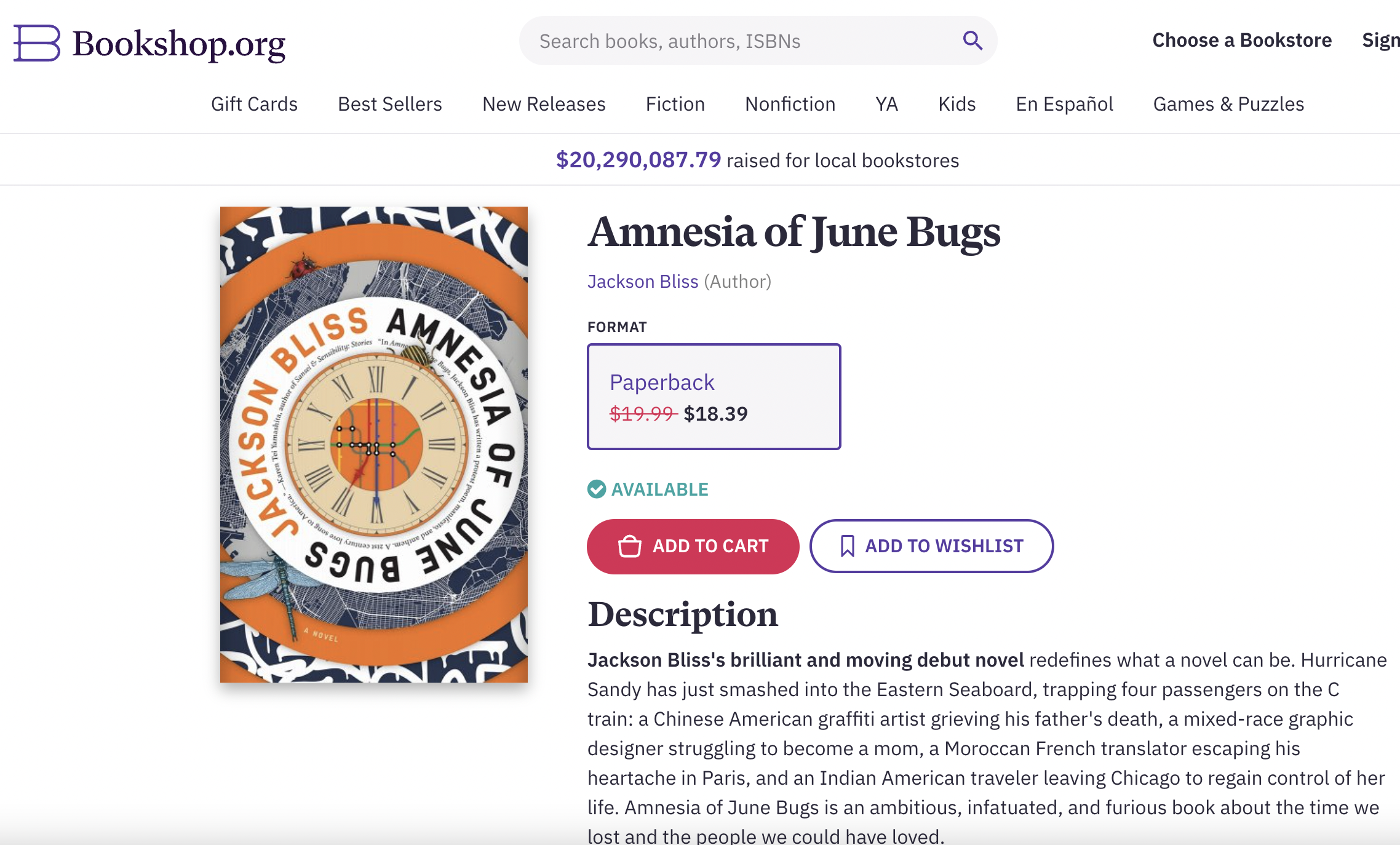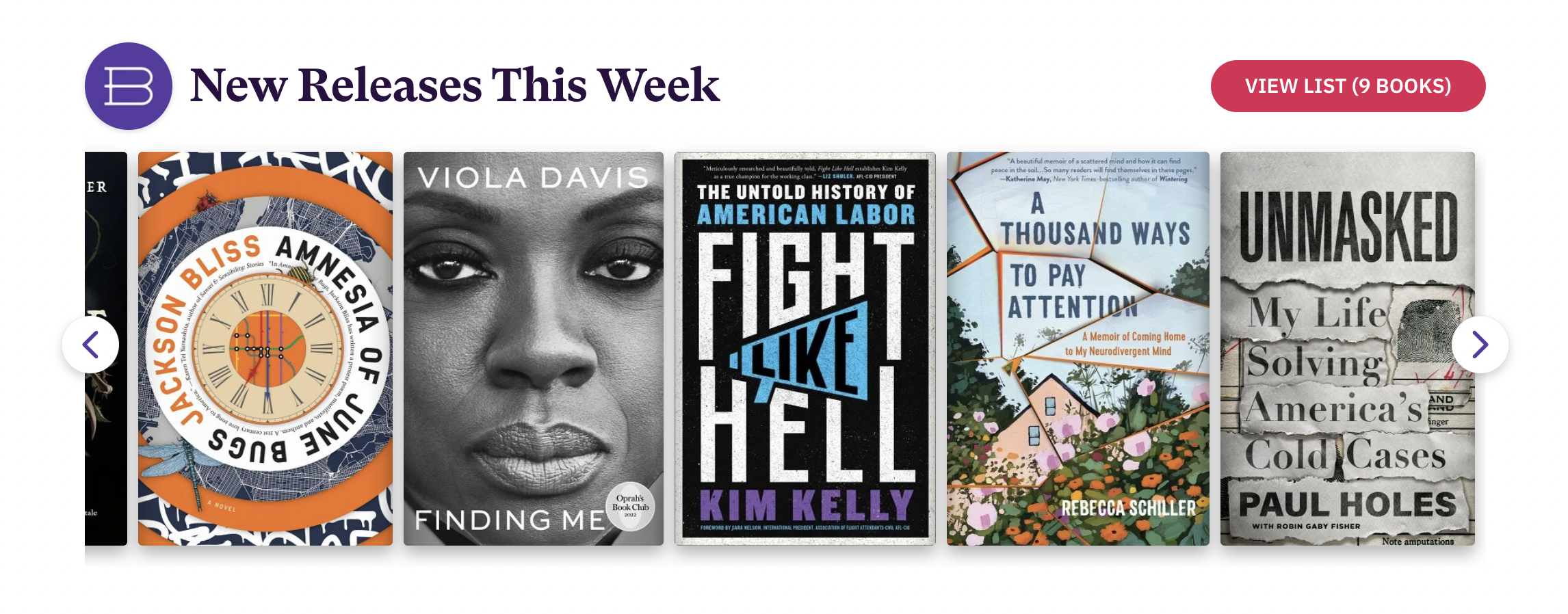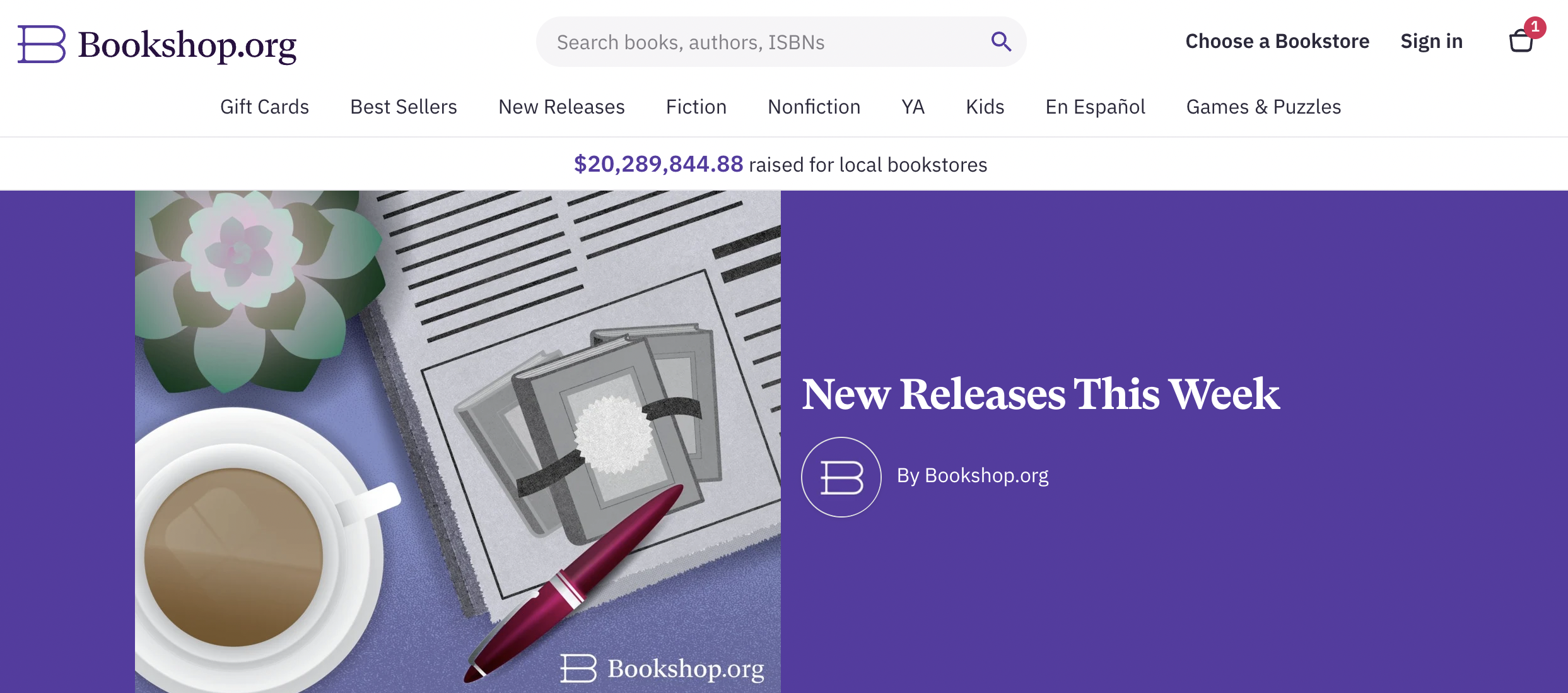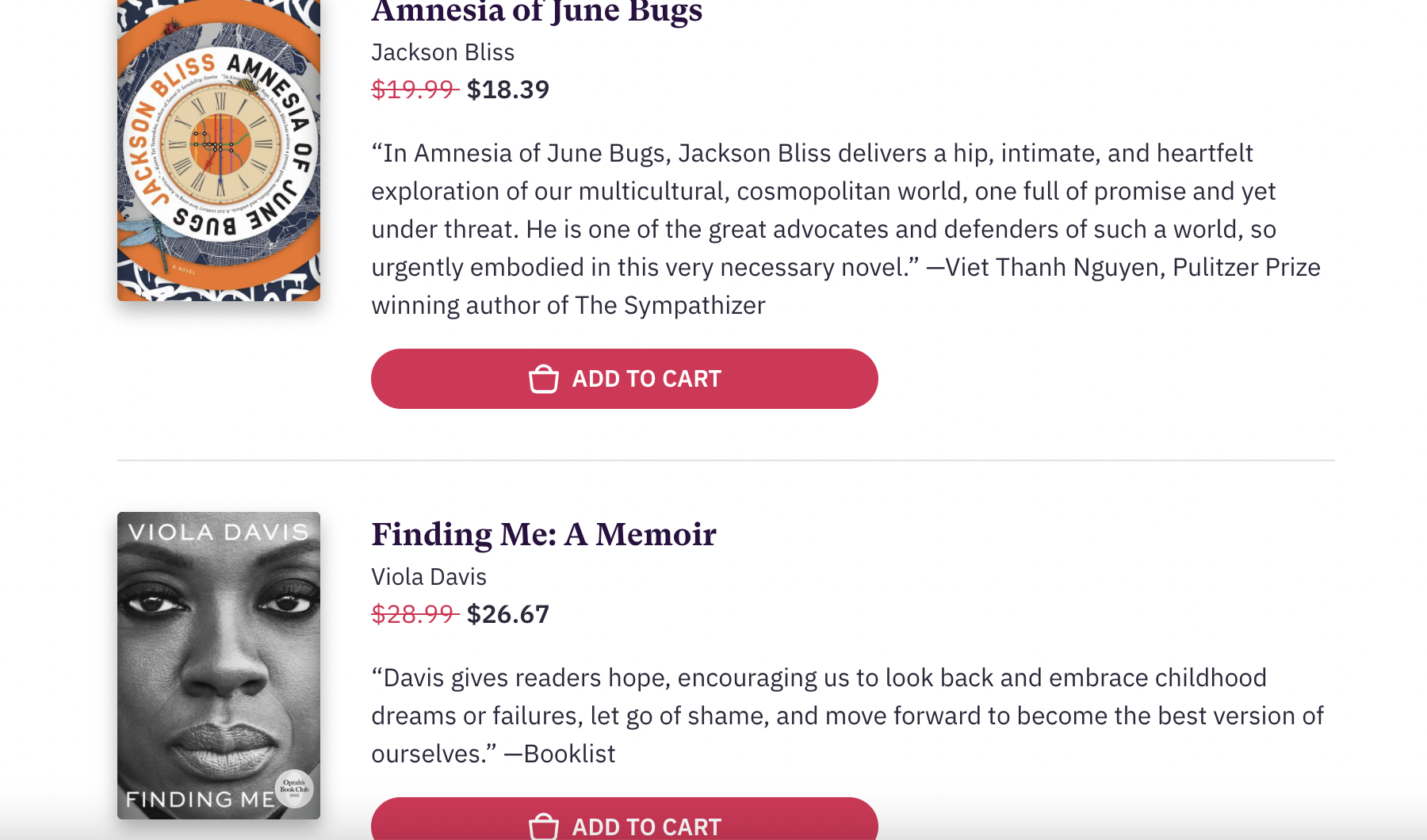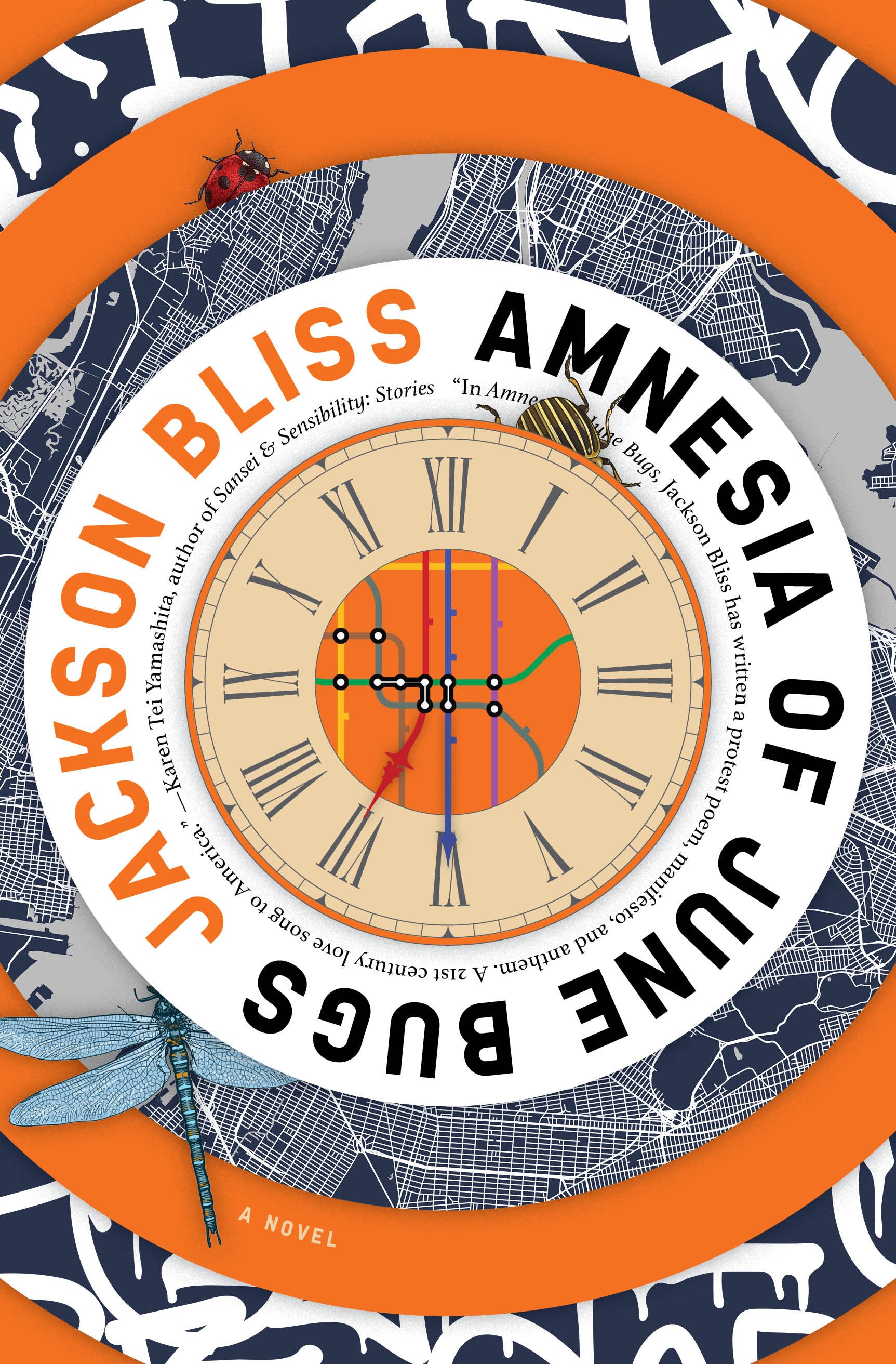Remarkably, it's been ten fucking years since I've been back at AWP. The last time was in Atlanta in 2006, back when I was a confident, driven, ambitious, but also paradoxically naive, trusting, and hyperidealistic MFA student whose only aspiration at the time was to publish short stories and essays in the best literary journals possible. The idea of publishing novels was fundamentally foreign to me for the simple reason that I hadn't written a novel yet, nor a collection of short stories. There was no lofty expectation because there was no product.
Ten years later, I'm both amazed, horrified, and also humbled by how differently I look at the publishing industry in general and at my literary ambitions in particular. Unlike ten years ago, I have a bunch of stories and essays published in a number of legit literary journals, but it's no longer enough for me anymore. Also, unlike ten years ago, I have several manuscripts that are ready for publication. I have more than a few realistic publishing possibilities with several awesome indie presses (though they remain merely possibilities until those manuscripts become material objects of art for public consumption). I have--I always seem to have--several agents and a senior agent at a major New York publishing house reading my novels. I have two rad lecturer positions at UCI and CSUN teaching literature, writing, rhetoric, research, and creative writing. I have probably too many advanced degrees now, but whatevs. I have a network and a community of friends (many of them APIA writers, but certainly not all of them). I have some fans who follow me on Twitter because of the things I've written. Most importantly, I feel--possibly irrationally, possibly delusionally--that I finally have momemtum in my writing career. So, I apologize for this self-indulgent recollection, but the point I'm making here is that I see this conference in such a different way than I did before because I bring a different emotional and professional technology than before. I feel like I can almost touch my future, as absurd as that sounds.
Among other things I did at this year's AWP, I got to:
1. Attend readings from Claudia Rankine, Eula Biss, Jonathan Lethem, Geoff Dyer, Leslie Jamison, Maggie Nelson, my friend and mentor Percival Everett, Shonda Buchanan, Judy Grahn, Joyce Carol Oates, and Peter Ho Davies, which were all pretty amazing.
2. Attend a fascinating (and inditing!) panel by Adam Atkinson, Lillian Yvonne-Betram, and Sarah Vap (an SC student) that presented the results of its survey and data collection about race and racial representation within PhD programs in Creative Writing.
3. Talk to editors of several of my favorite indie presses and do a tiny bit of politicking (almost all of it unplanned and unintentional)
4. Make new writing friends and also do some networking (which never hurts in this business)
5. Most importantly, meet up with and reconnect with former professors and old friends from my MFA and PhD years, many of whom I haven't seen in years and whom I've missed, sometimes terribly, including Steve Tomasula, Marc Irwin, Joshua Bernstein, Chris Santiago, Lily Hoang, Gwendolyn Oxenham, Casey and Denise Hill, Heather Dundas, David St. John, and Percival Everett (who hugged me and then said, "What's going on, brother?")
6. Buy a shitload of books and literary journals from indie presses
7. Remember again why I'm a writer, a writer before I'm anything else in the professional and artistic domains
